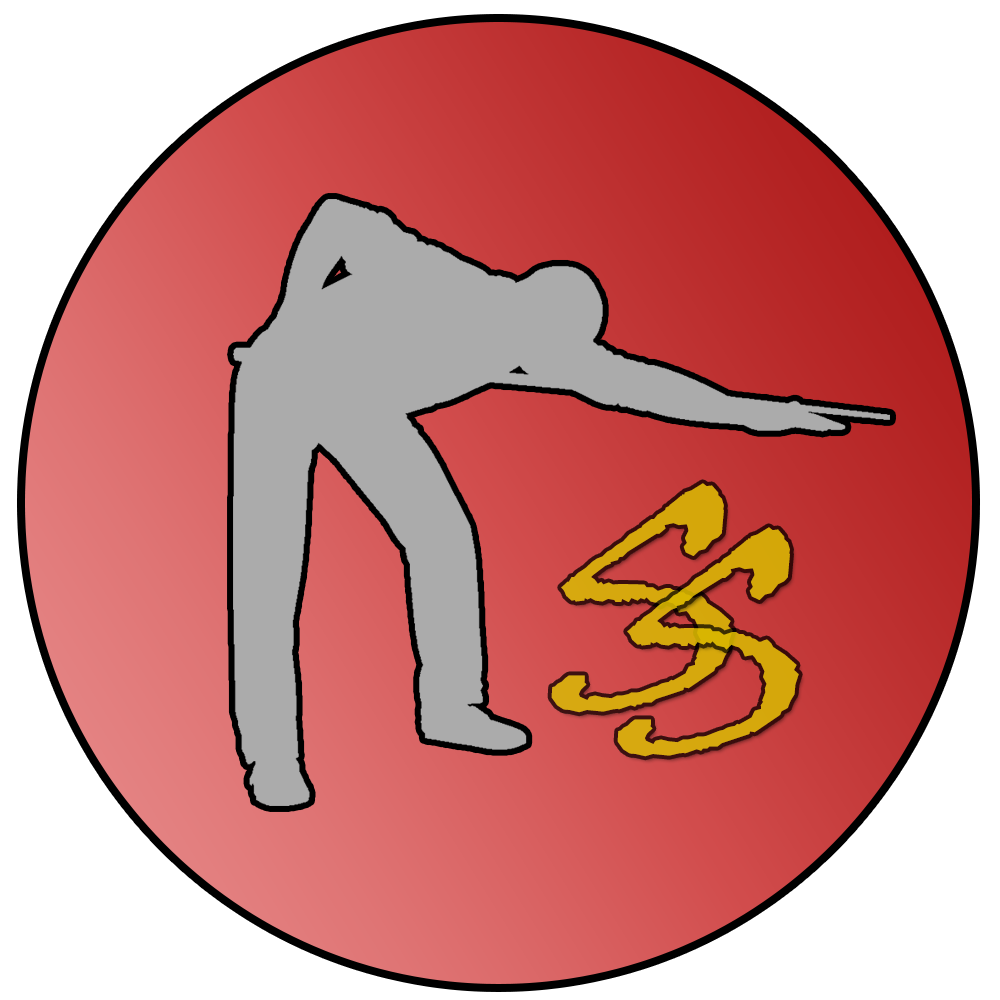As we continue this series of hypothetical ‘What Ifs’, one of the scenarios I wanted to think about is what potentially could have happened if Mark Selby didn’t win his maiden World Championship in 2014. While this may seem like it wouldn’t have had a significant impact, I think there are a couple of areas of interest in the realm of what could have been.
Firstly, if Selby didn’t beat Ronnie O’Sullivan that year and everything else that occurred in the years that followed remained the same, then the Crucible Curse would have been broken. Selby’s maiden title would have come in 2016 and his successful defence in 2017 would have broken the elusive Crucible Curse, whereby a player successfully defends their World Championship the year following their maiden title.
But would this have happened if Selby hadn’t won in 2014? His victory in 2014 is arguably his most impressive because of his display of mental toughness as he scrapped with the best. The confidence that anyone would take from a victory like that would be astronomical, so who knows if these further WSCs would be added to his list of accolades if he actually lost that match? Although, I reckon this would be unlikely due to Selby already being a 3-time Masters and UK Champion at the time. And for someone who has a work rate and temperament like Selby, it was only a short matter of time before he reached the summit.
Selby managed to remain atop the rankings from 2012-19. How would a loss in the 2014 world final change this? Chances are that he would have ended the 2013/14 in the No. 2 position, falling behind Neil Robertson; followed by Stuart Bingham overtaking him as he won the WSC in 2015, despite the ranking system changing to a money list from that season. However, as we know, 2016-17 belonged to Selby so he would have claimed the throne back for himself along with the No. 1 position. This doesn’t really mean too much except the nice chain of Selby holding No. 1 at the end of each season from 2012-19 would have been broken and wouldn’t have looked as impressive.
The other key way that I think Selby winning the WSC in 2014 would have impacted the snooker environment was the effect that it had on his opponent, O’Sullivan. Following his defeat to Selby, O’Sullivan hasn’t been able to progress further than the quarter-finals in the World Championship. Since his first win in 2001, he wouldn’t have to wait more than a few years to gain the title again. Now, he is experiencing the longest drought without at least reaching a final, and who knows when he’ll lift the trophy again?
*Edit: This Short was written prior to the World Snooker Championship 2020. Obviously, O’Sullivan has won the WSC, taking his total to six meaning that the possibility of him levelling with Stephen Hendry with regards to World Titles was definitely in the realm of what could have been. But I feel my points do still stand.
I truly believe that Selby dampened O’Sullivan’s streak as he had just made three consecutive finals and won two of them. If O’Sullivan won in 2014, he would be at least a 7-time World Champion, overtaking Steve Davis and tying Hendry. And I say ‘at least’ because I don’t think that his WSC form would have stopped there. The potential to win at least another one or two and even surpass Hendry in the history books could have taken place in the remainder of the decade.
Although, this has been dismissed by Selby who stated that O’Sullivan’s recent streak is down to the level of competition and how good the players are. But he did mention his thoughts on O’Sullivan likely breaking the WSC record if he had won in 2014 and that he has ‘missed the boat’ in his quest to win more world titles. So, in a sense Selby is agreeing regarding the effect of his victory.
Again, this is all conjecture so technically anything is possible in this What If series. But what do you think would have happened if Selby didn’t win the final in 2014? Do you think he still would have been the player he turned into by the end of the decade? And what other What If scenarios do you think would be worth exploring?
Like this Short? Click here to read: What If John Higgins Had Won Those World Finals?
Have an idea for a Short post? Feel free to get in touch using the social media links below! Thanks for reading!









